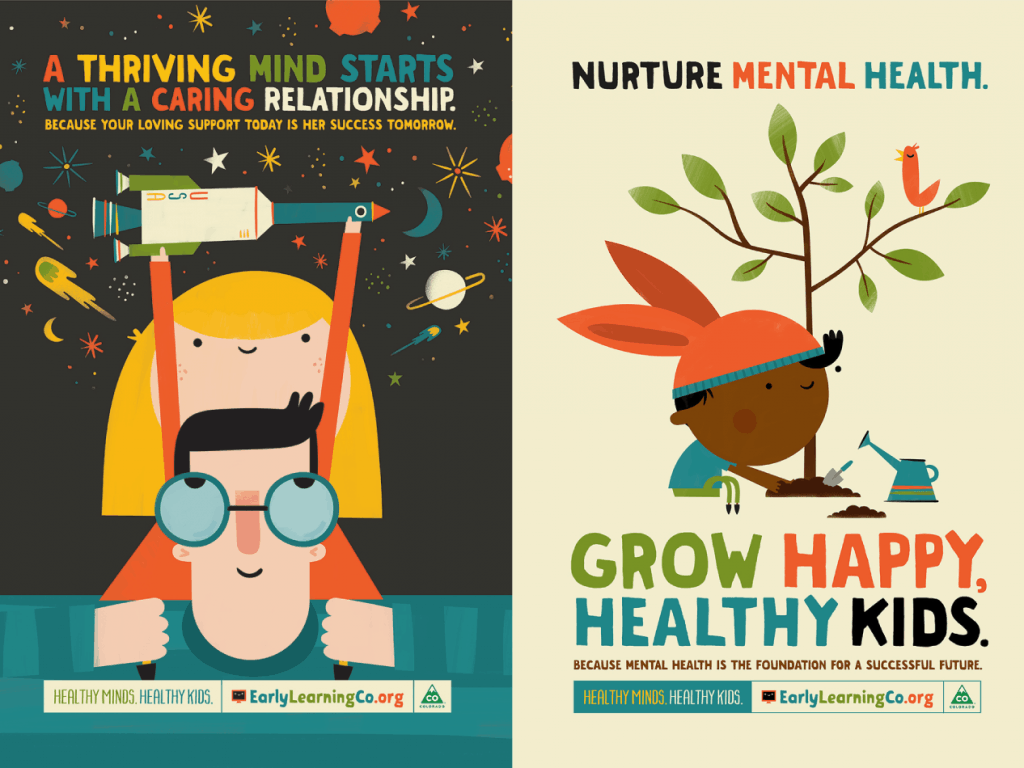Drinking has long been woven into the fabric of our lives, from corporate events to networking gatherings. Whether it’s the Friday happy hour or the celebratory toast at a company event, alcohol often serves as the social thread that facilitates networking and team bonding. However, with the continued decline in alcohol consumption among younger generations, it’s essential to consider the needs and desires of those who choose not to drink.
The pervasive presence of alcohol in professional environments can pose challenges for individuals who choose not to drink for personal, religious, or health reasons. Moreover, it can create an exclusionary atmosphere that marginalizes those who do not partake in alcohol-related activities. It’s essential for companies to reevaluate their reliance on alcohol as the primary means of socialization and consider alternative approaches that promote inclusivity and well-being.
One way to redefine alcohol-centric work cultures is by expanding the range of social activities offered within the workplace. Instead of defaulting to happy hours or after-work drinks, companies can organize a variety of events that cater to diverse interests and preferences. This could include wellness workshops, team-building exercises, volunteer opportunities, or cultural outings, providing employees with meaningful ways to connect outside of the traditional drinking scene.
Promoting a culture of respect for individual choices is important in creating an inclusive work environment. This entails fostering an atmosphere where employees feel empowered to make decisions that align with their values and lifestyle preferences, without fear of judgment or ostracization. By cultivating a culture of inclusivity and acceptance, companies can foster a sense of belonging and camaraderie among their teams, regardless of their alcohol consumption habits.
In recent years, there has been a notable shift towards more inclusive and mindful approaches to workplace socialization. Companies are increasingly recognizing the importance of prioritizing employee well-being and creating environments that support diverse needs and preferences. This includes implementing policies that provide alternatives to alcohol-centered social events and promoting a culture of moderation and responsibility for alcohol consumption.
Creating inclusive spaces for socializing and team building is not about removing alcohol use entirely but rather acknowledging and respecting the choices of individuals who decide not to drink. From offering diverse non-alcoholic options to promoting organizing events that go beyond alcohol, industries can play an important role in creating a culture of understanding, respect and support.
Rethinking alcohol-centric work cultures requires a shift in mindset and behavior. By expanding the range of social activities, promoting a culture of respect and inclusivity, and prioritizing employee well-being, companies can create workplaces where everyone feels valued and supported, regardless of their relationship with alcohol. Ultimately, it’s about fostering a culture of connection and belonging that extends beyond the confines of traditional drinking norms.

About the Author:
Cat Lyons (she/her) began her career in the non-profit sector, supporting positive behavior change across many issue areas. She has served as the main point of contact for a variety of SE2’s large publicly funded projects including the Colorado Department of Public Health and Environment, Behavioral Health Administration, and Jefferson County Public Schools. She has an MBA in marketing from the University of Colorado/Colorado Springs and a bachelor’s degree in marketing from Colorado State University. She lives in North Commerce City, Colorado with her husband, Danny, their two cats and one dog.





